Google Pixel 7 — the 6 burning questions we want answered
Google's tease of its next flagship has us wanting to find out more
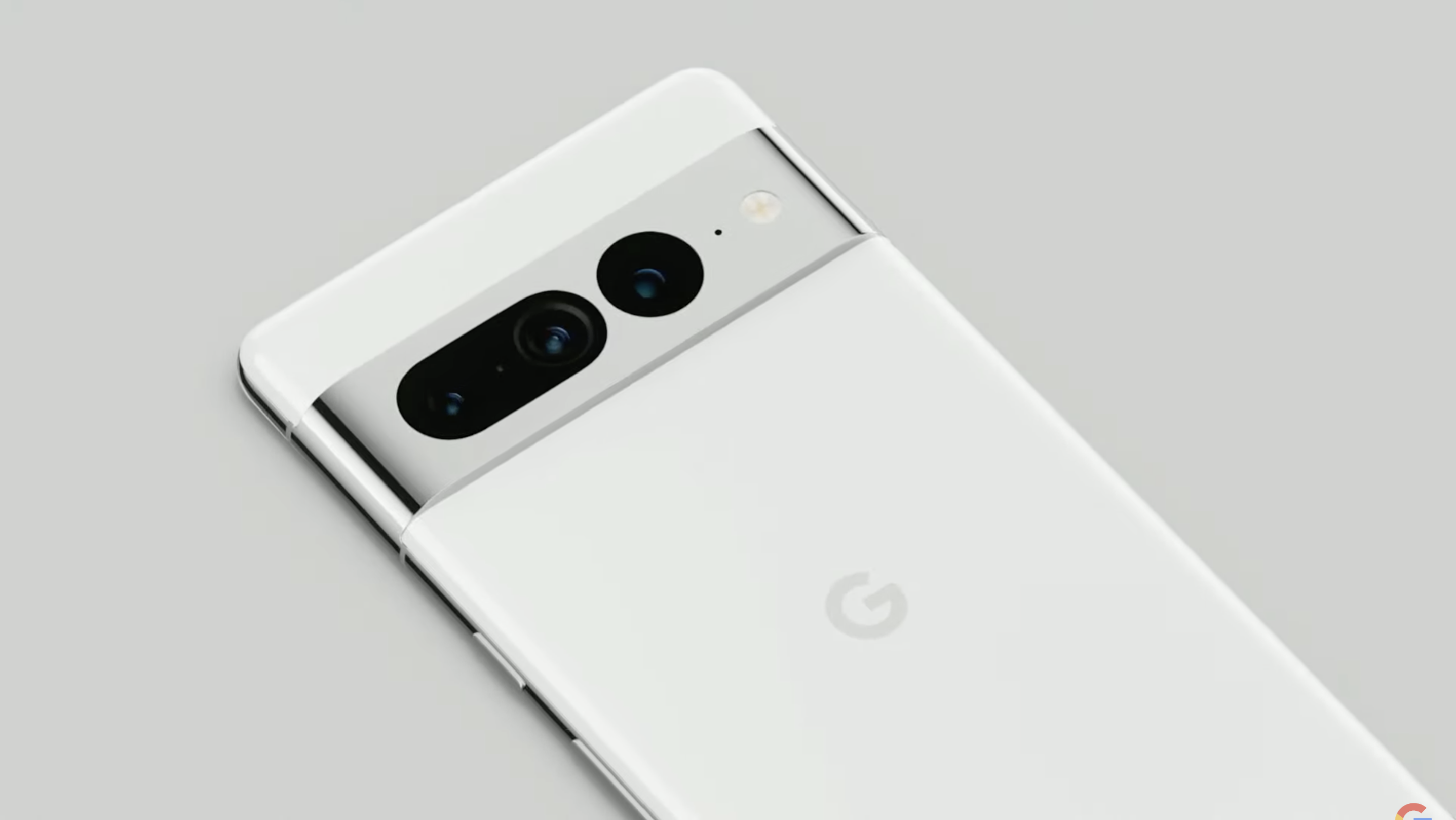
The Google Pixel 7 made a surprise appearance at Google I/O this week, as Google offered a sneak preview of its next flagship. Thanks to an onstage glimpse at the upcoming device, we know there will be a Pixel 7 and Pixel 7 Pro with a slightly retooled camera bar and that a next-generation Tensor chipset will power both phones when they arrive in the fall.
Here's what we don't know about the Pixel 7 — everything else.
You can't blame Google for being stinting on details about the Pixel 7. We're likely five months from its arrival, and there's a completely different phone — the Pixel 6a — to bring to market in the mean time. Google likely just wanted to build anticipation for its flagship phone and get people used to the slightly altered look. Oval camera lenses replace the more conventional round ones found on the Pixel 6, and the camera bar will be made out of aluminum on the new phone.
Obviously, there's a lot more to the Pixel 7, and we expect to hear most of it between now and the new device's fall launch date. But until those details do emerge, here are the biggest questions we hope to get answers to by the time the Pixel 7 and Pixel 7 Pro arrive.
How does Google plan to fix the Pixel's battery life?
If you polled Pixel 6 users about their biggest complaint with the phone, I'm willing to bet battery life would top the list. Neither the Pixel 6 or the Pixel 6 Pro distinguished themselves on our battery test, in which we have phones surf the web over cellular until they run out of power. The Pixel 6 ran out of juice after 8 hours and 13 minutes, while the Pixel 6 Pro and its bigger battery offered even less longevity at 7 hours and 49 minutes. The average smartphone comes pretty close to 10 hours before giving up the ghost.
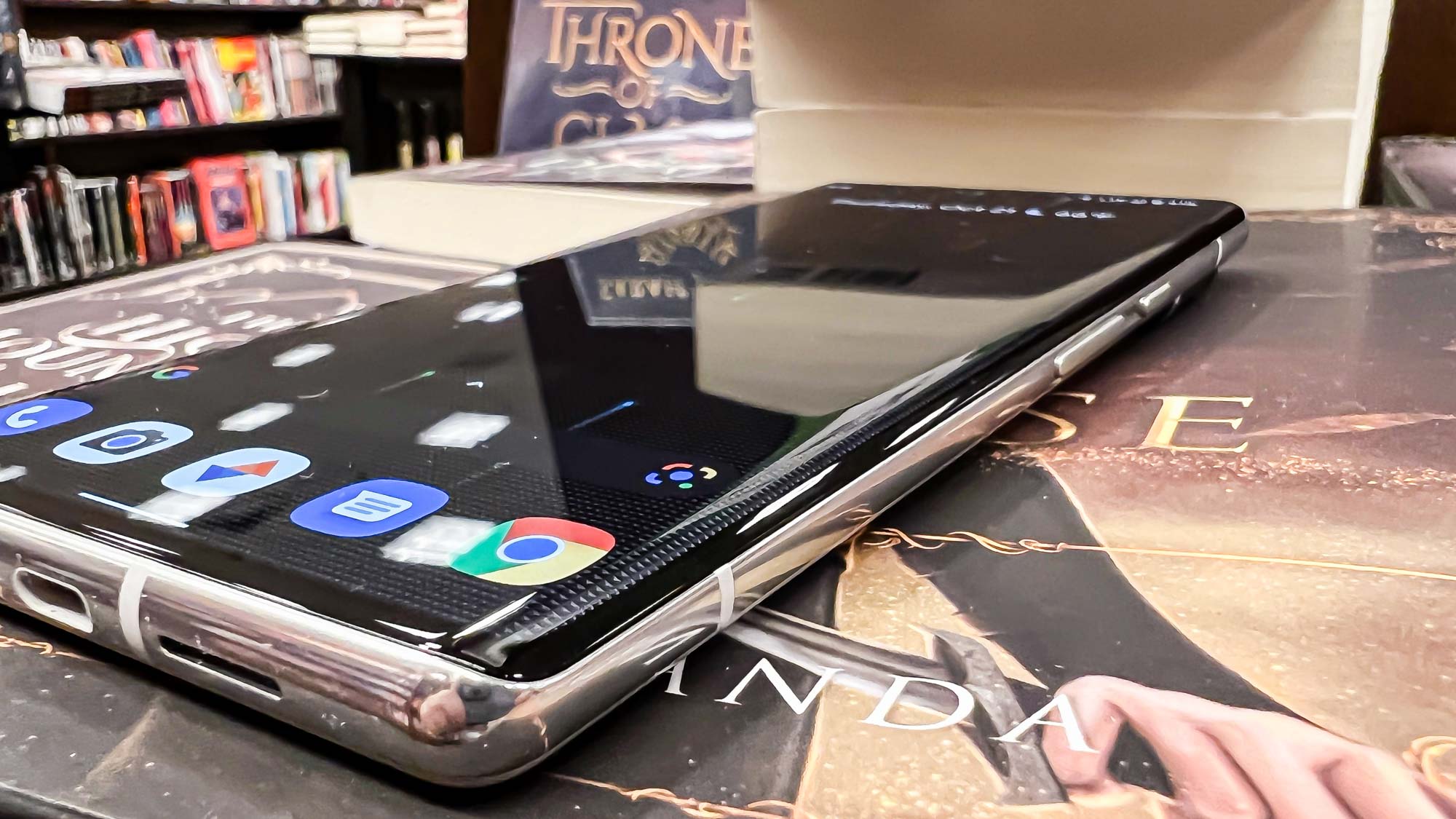
So Google has some work cut out for if it wants the Pixel 7 to last longer. Some of that could come down to battery size and boosting the 4,614 and 5,000 mAh power packs found in the Pixel 6 and Pixel 6 Pro, respectively. Or perhaps the new Tensor chipset in the Pixel 7 will be more adept at power management.
Whatever the solution is, it's been a long time since Google landed an entry on our best phone battery life list, and something's got to change if the Pixel 7 is going to break that streak.
Sign up to get the BEST of Tom's Guide direct to your inbox.
Get instant access to breaking news, the hottest reviews, great deals and helpful tips.
Will the fingerprint sensor be different from the one on the Pixel 6?
There's at least one other common complaint about the Pixel 6 phones, and it involves the under-display fingerprint sensor used by the two devices. In testing the Pixel 6 last fall, I found the sensor to be fairly laggy and inconsistent, only working reliably if I kept my finger pressed to the screen for what felt like a much longer time than what other phones required. My colleague Jordan Palmer also found the Pixel 6 Pro's sensor to be picky about where you place your finger.
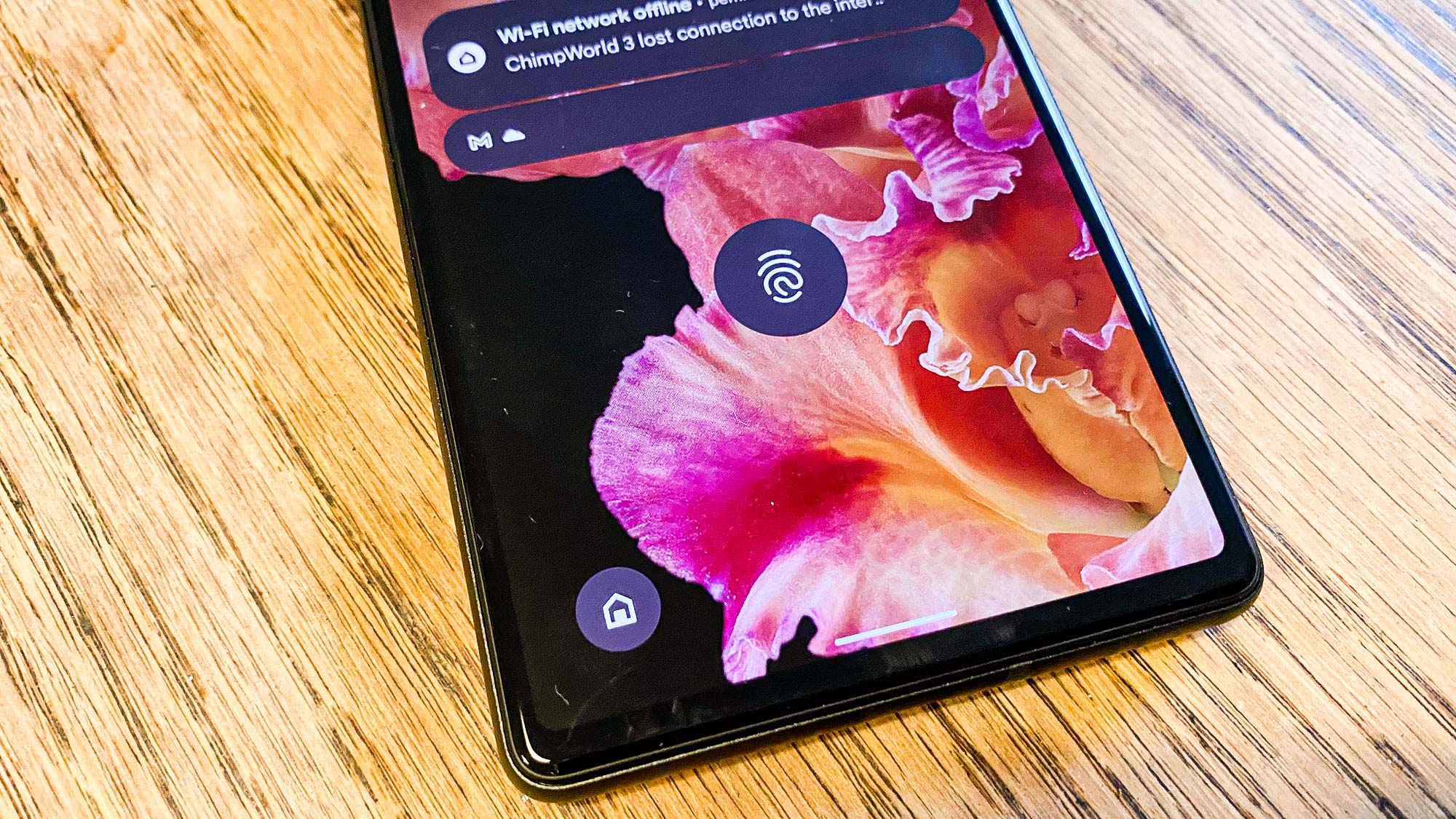
On the one hand, Google seems to have acknowledge that the Pixel 6's sensor didn't perform up to snuff, as the company has confirmed the newly announced Pixel 6a uses a different sensor from the one in its more expensive sibling. We won't be able to determine if that means more consistent performance until the Pixel 6a starts shipping in July, though.
Then again, Google also attributed the performance of the Pixel 6 fingerprint to "enhanced security algorithms." In other words, this is a feature, not a bug. Nevertheless, some Pixel software updates did seem to improve the fingerprint sensor's performance, so perhaps Google can continue to iron things out with the Pixel 7.
How will the cameras on the Pixel 7 improve?
Google's Pixel flagships have earned a reputation for superior camera performance, though it's usually the phone's AI-powered software that earns the plaudits. Still, for the Pixel 6 lineup, Google bolstered the camera hardware, too. After years of using a 12MP wide angle lens as the main camera on its phones, Google switched to a 50MP sensor.
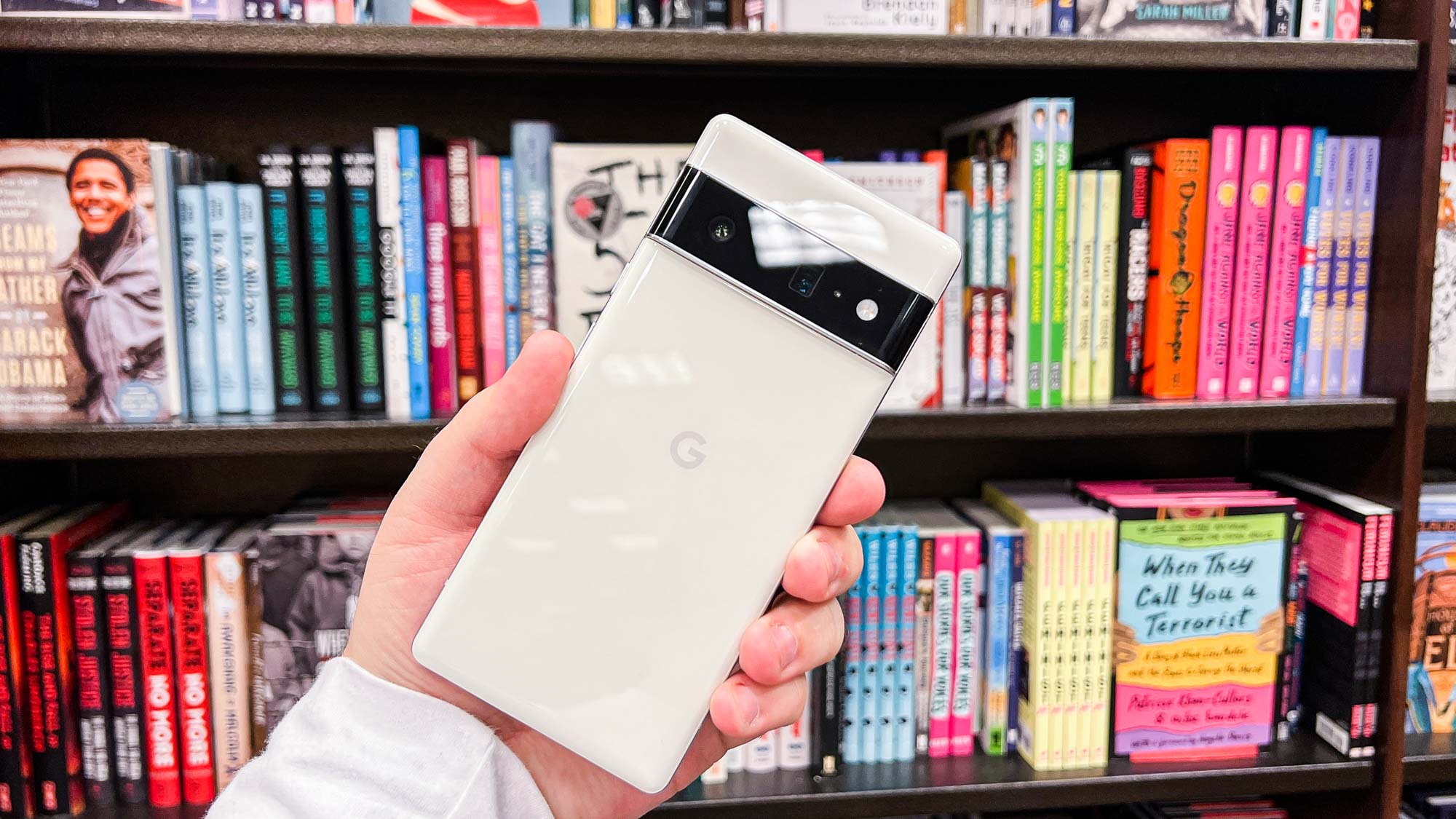
Only Google can say if there will be any camera upgrades with the Pixel 7, let alone whether they're going to be that dramatic. We'd pay attention to the telephoto lens on the Pixel 7 Pro. While the current Pro model offers a 4x optical zoom, it's safe to say Google's Galaxy S22 phones offer the better telephoto features, with a Super Resolution Zoom on the S22 Plus and S22 Plus producing a relatively clear picture at 30x. It will be interesting to see how the Pixel 7 Pro tries to match that, if at all.
What new features will a next-generation Tensor chip enable on the Pixel 7?
We know a new Tensor chipset is headed to the Pixel 7 phones. That will likely mean performance improvements over the current chip, though honestly performance is only part of the story here. The silicon includes a dedicated tensor processing unit that powers many of the machine learning-driven features that helps the Pixel stand out from other Android phones.
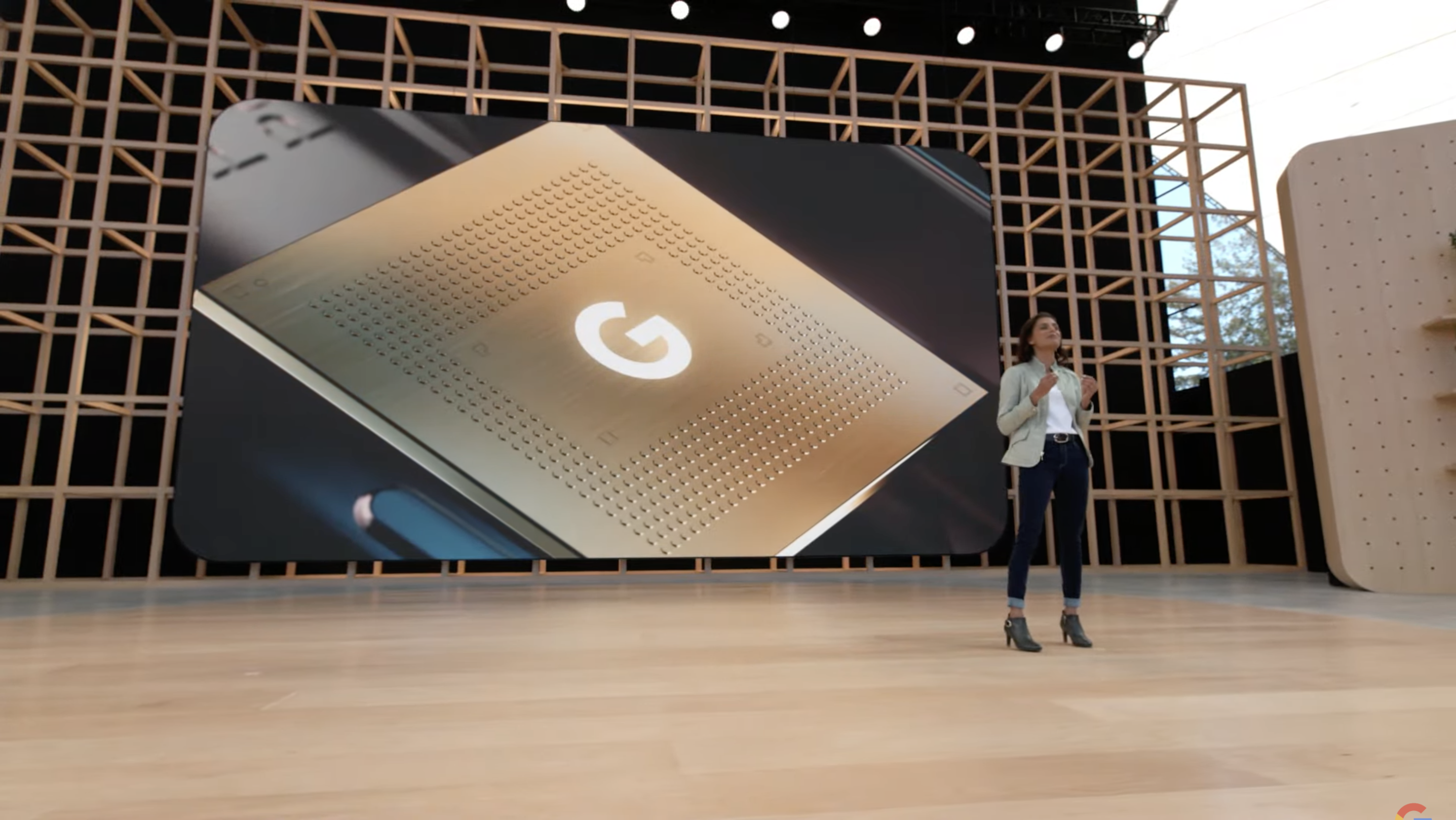
We don't yet know what new capabilities will be possible with an updated Tensor chipset. But we are pretty sure that Google won't rest on its laurels here. Magic Eraser — one of my favorite Pixel 6 tools — is coming to the Pixel 6a, but rather than just enable the same version as before, Google tweaked it. Now, in addition to removing unwanted people and objects with a tap, you can also change the color and tone of objects so that they're not as distracting in your shot. An updated Magic Eraser has us thinking Google's not done yet finding things the Tensor chip can do.
Can we expect the Pixel 7 to feature expanded Android support?
Buy a Pixel 6 model, and you're guaranteed Android versions updates through October 2024 — essentially three years in which you can expect to grab the new version of Google's operating system. That sounds fairly generous, until you consider that Samsung changed its update policy with the arrival of the Galaxy S22 this year.
Now Samsung flagships from the last two years along with this year's Galaxy A midrange models can plan on four years of Android updates. That's creeping enticingly close to iPhone territory in terms of support.
Were I Google, I'd be a little embarrassed that another phone maker was promising more updates for my software than I was with my phones. The launch of the Pixel 7 gives Google the chance to do something about that.
Is Google going to keep the price low on the Pixel 7?
Google figured out a way to undercut the competition with the Pixel 6 lineup. The Pro model costs $100 less than the iPhone 13 Pro and Galaxy S22 Plus, while the Pixel 6 is $100 less than the cheapest iPhone 13 model.
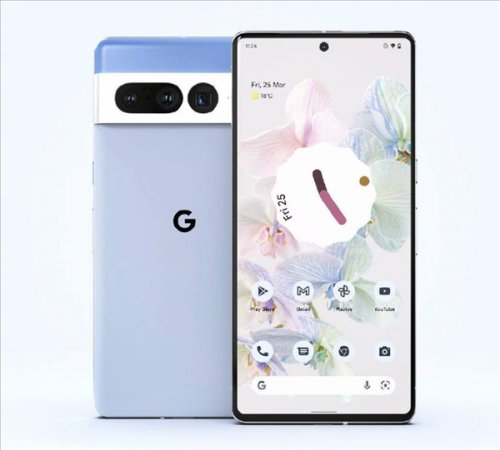
Google could have to work hard to keep those prices in place for the Pixel 7. Component prices are on the rise, just like everything, and that's putting a strain on phone makers' bottom lines. Persistent rumors claim the iPhone 14 Pro models will cost $100 more than their predecessors.
Assuming that claim isn't off-base, Google is going to have to work hard to make sure the same economic pressures facing other phone makers don't impact its pricing. Any price hike on the Pixel 7 would negate one of the phone's biggest advantages.
Pixel 7 outlook
With the Pixel 7 not arriving until later in the year, it'll be a bit before we can answer any of these questions definitively. But the fact that we have so many questions about what awaits us with the Pixel 7 suggests that Google has done a good job in terms of stoking interest in the upcoming phone.
Next: The Pixel 7 just got a first hands-on video that hints at a size and design change and these are the 4 things Google can learn from the iPhone 14 launch.
Philip Michaels is a Managing Editor at Tom's Guide. He's been covering personal technology since 1999 and was in the building when Steve Jobs showed off the iPhone for the first time. He's been evaluating smartphones since that first iPhone debuted in 2007, and he's been following phone carriers and smartphone plans since 2015. He has strong opinions about Apple, the Oakland Athletics, old movies and proper butchery techniques. Follow him at @PhilipMichaels.

